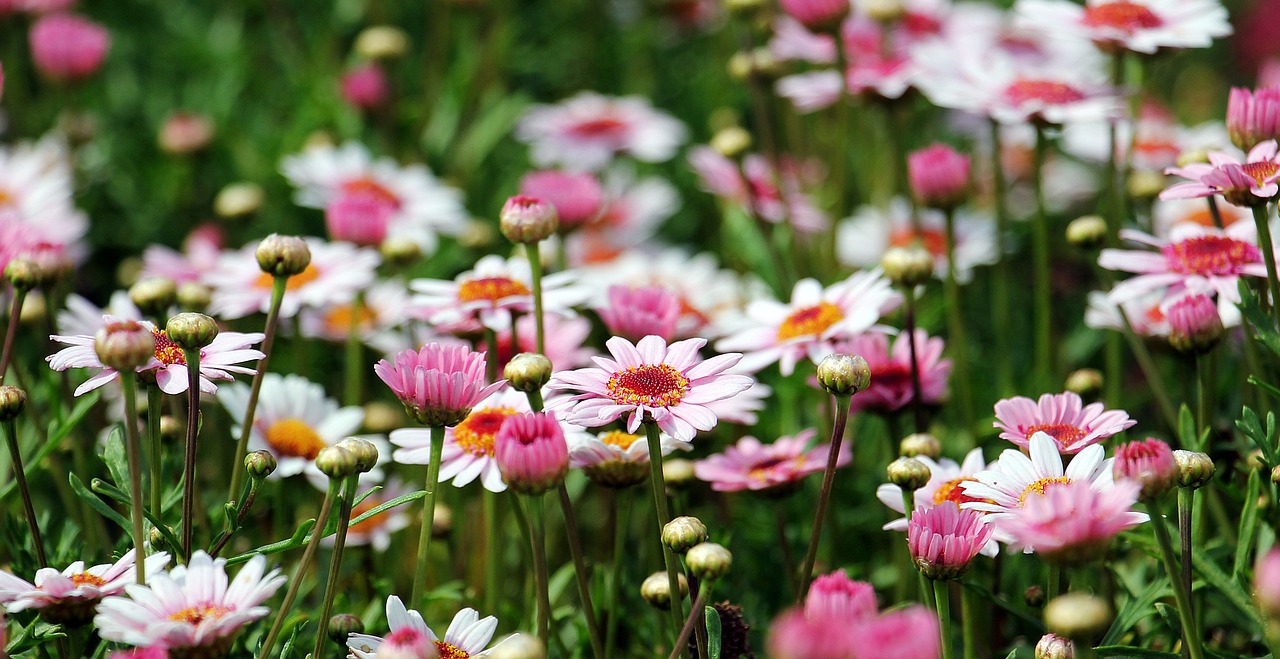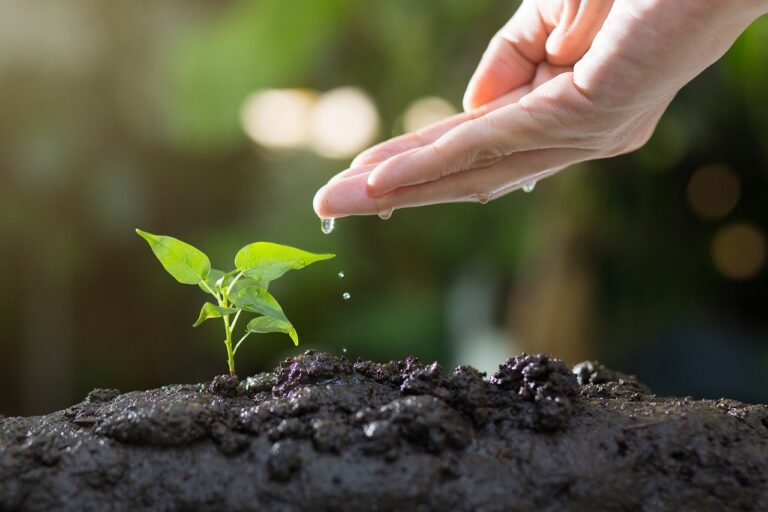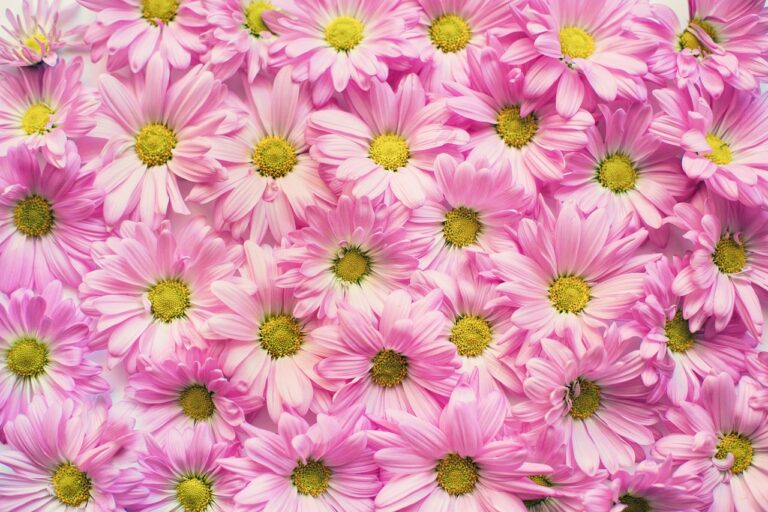Introduction
A flower garden adds color, fragrance, and beauty to any outdoor space. If you’re new to gardening, starting a flower garden can be an exciting and rewarding project. Here are some tips to help you get started.
Choosing Your Location
Flowers need sunlight to bloom, so select a location that gets at least 6 hours of direct sunlight each day. Consider the soil quality and drainage of the area as well. Some flowers, like daylilies and coneflowers, tolerate various soil conditions, while others prefer well-draining soil.
Selecting Flowers
Choose flowers that suit your climate, soil type, and personal preferences. Perennials, such as daisies, peonies, and hostas, come back each year, while annuals, like marigolds and petunias, need to be replanted. Mix perennials and annuals for color and blooms throughout the growing season.
Preparing the Soil
Prepare the garden bed by removing weeds, rocks, and debris. Loosen the soil with a garden fork and amend it with compost or well-rotted manure to add nutrients. This will provide a good foundation for your flowers to grow and thrive.
Planting and Spacing
Follow the planting instructions on seed packets or plant labels. Proper spacing is essential for airflow and disease prevention. Plant taller flowers at the back of the bed and shorter ones at the front for a layered look. Water the garden well after planting.
Maintaining Your Flower Garden
Regular maintenance is key to keeping your flower garden looking its best. Water regularly, especially during dry periods. Deadhead spent blooms to encourage more flowering and prevent seed formation. Mulch around plants to retain moisture and suppress weeds.
Conclusion
Starting a flower garden is a delightful way to bring color and life to your outdoor space. With the right preparation and care, your garden will flourish, providing you with blooms to enjoy all season long.




